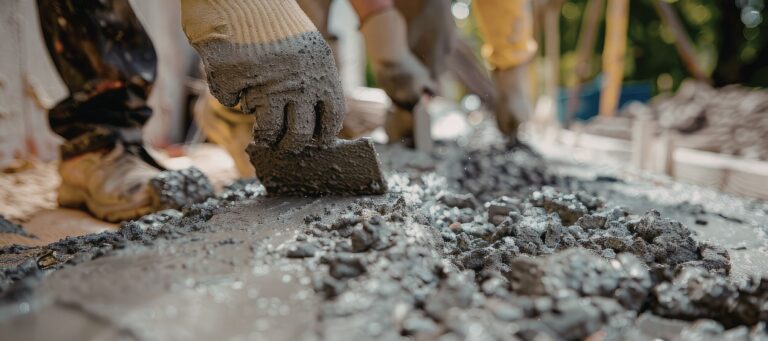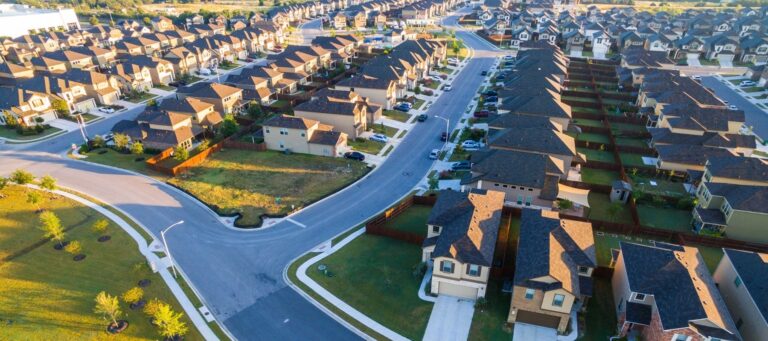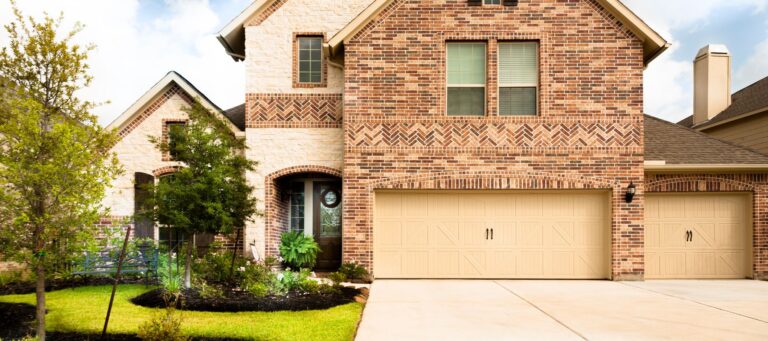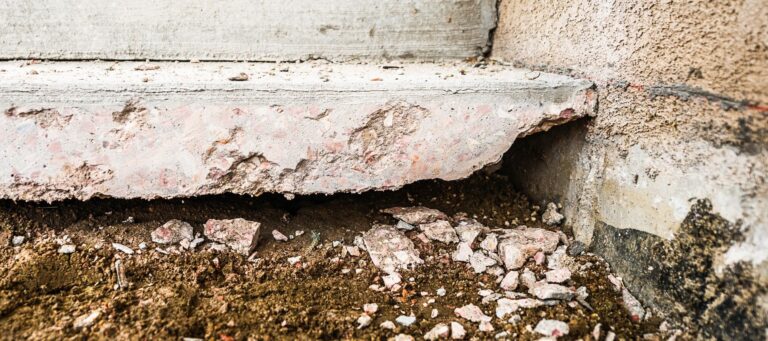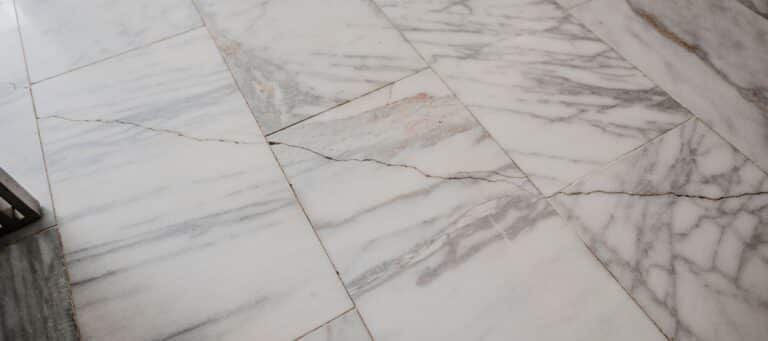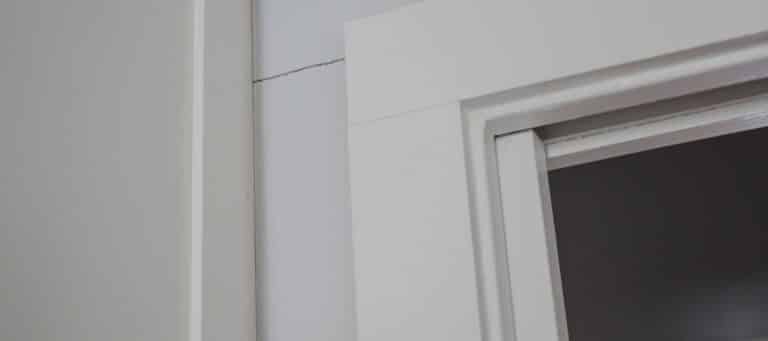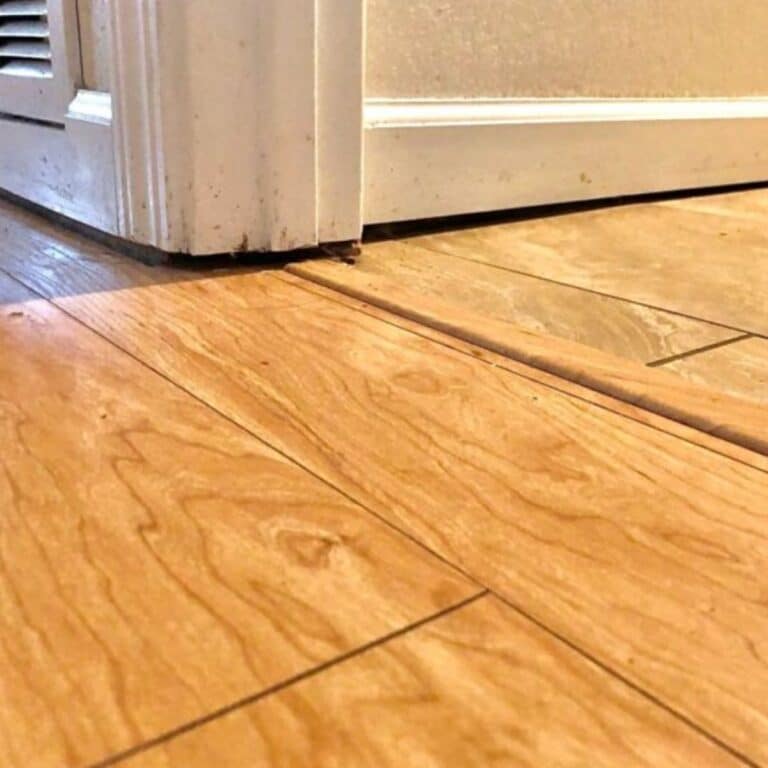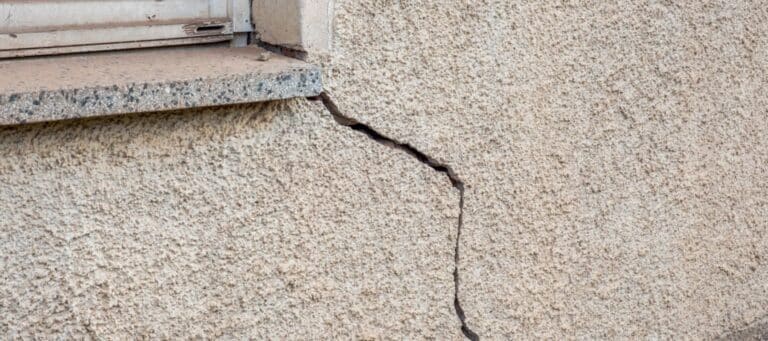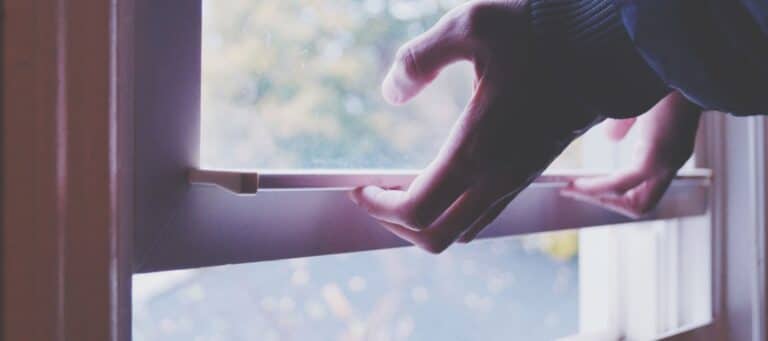Leaks In Your Underground Plumbing
Solving Pipe Problems Under Fort Worth Foundations
Foundation leaks can pose serious threats to the stability and integrity of your Fort Worth home. At G.L. Hunt Foundation Repair, we understand the urgency of addressing these issues.
With our expertise in Fort Worth foundation repair, we specialize in solving pipe problems beneath foundations to ensure a secure and water-resistant living space. Read on to learn more about how our services can help keep your home stable and safe for years.
How Serious Is A Foundation Leak?
Excessive moisture due to leaks can alter the soil’s properties. This change in soil composition weakens its load-bearing capacity, leading to a condition known as soil erosion or soil consolidation.
As soil erodes or consolidates, it can create voids or gaps beneath the foundation. This undermines the even distribution of weight and support, causing the foundation to lose its stability. The compromised foundation is then susceptible to various issues, including settlement and sinking.
Foundation settlement occurs when the foundation gradually sinks or lowers into the compromised soil. This sinking is often uneven, resulting in an unlevel foundation. Uneven settling can cause structural imbalances, leading to visible signs of distress such as cracks in the walls, floors or ceilings. In severe cases, doors and windows may also become misaligned, affecting their functionality.
G.L. Hunt Foundation Repair emphasizes the importance of timely intervention to prevent escalating issues and ensure the long-term health of your home.

Finding The Source Of A Foundation Leak
Identifying the source of a foundation leak is a crucial step in effective repair. Our skilled technicians at G.L. Hunt Foundation Repair utilize advanced techniques and equipment to pinpoint the exact location of the leak. For more specific plumbing problems related to a slab leak, we recommend reaching out to our sister company, Service Squad Plumbing.
By addressing the root cause, we ensure comprehensive repairs that prevent future water-related issues under your foundation.
Fix Water Seeping Under The Foundation
Water seeping under the foundation can lead to soil erosion, compromising the support structure of your home. G.L. Hunt Foundation Repair offers tailored solutions to fix water seepage, including:
- Waterproofing techniques — Applying effective waterproofing solutions to prevent water infiltration
- French drains installation — Installing French drains to redirect water away from the foundation
- Crack and gap sealing — Sealing any cracks or gaps in the foundation to prevent water entry
Our goal is not only to address the current leaks but also to implement measures that safeguard your foundation against future water-related issues.
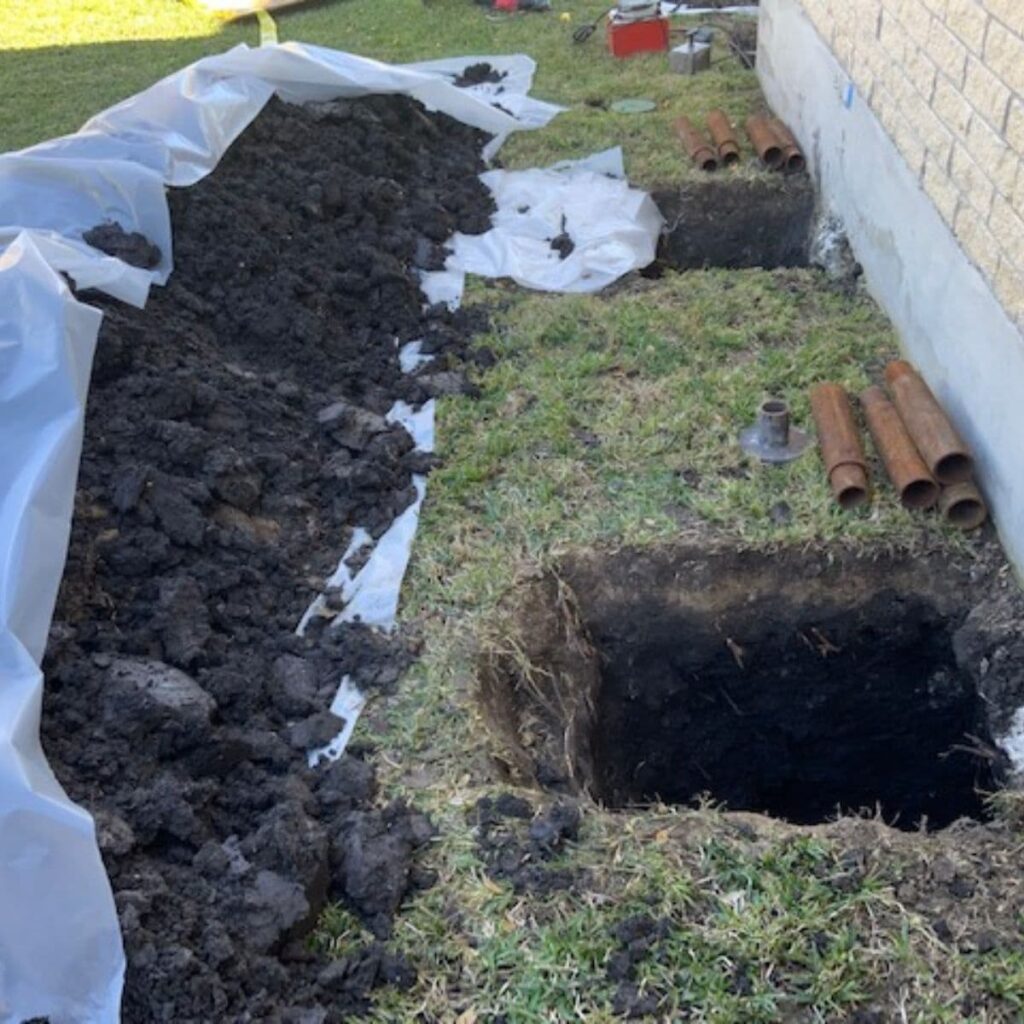
Trusted Fort Worth Foundation Repair
G.L. Hunt Foundation Repair has been a trusted name in Fort Worth foundation repair since 1987. Our commitment to excellence and customer satisfaction sets us apart. With a focus on solving pipe problems beneath foundations, we provide reliable and lasting solutions.
Trust our experienced team to assess, diagnose and repair foundation leaks efficiently, ensuring the longevity and stability of your home.
Contact G.L. Hunt Foundation Repair today for a thorough inspection and personalized solutions to address foundation leaks in your Fort Worth home. Don’t let water damage compromise the safety and value of your investment. We’re here to provide the expertise and service your home deserves.
